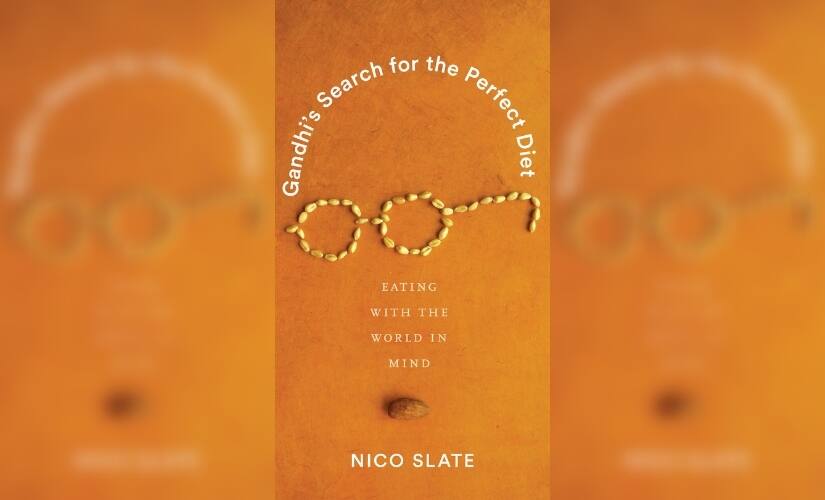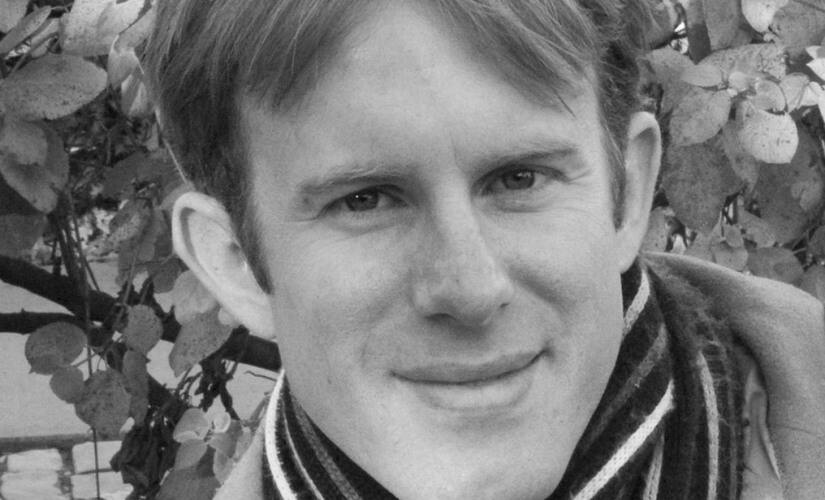Two tablespoonfuls of wheat, one of peas, one of rice, two of sultanas, about twenty small nuts, two oranges, and a cup of cocoa for breakfast. This was Mohandas Karamchand Gandhi’s breakfast on 22 August 1893; it was the start of an experiment in which he ate only raw food for over 11 days. Throughout his life, Gandhi would be interested in matters of diet — making detailed notes on the food he ate and the effect it had on his physical and mental state, publishing essays on the conclusions of his experiments. In Gandhi’s Search for the Perfect Diet: Eating with the World in Mind, historian Nico Slate chronicles the Mahatma’s experiments with food. A description for Slate’s book states: “Mahatma Gandhi redefined nutrition as a holistic approach to building a more just world. What he chose to eat was intimately tied to his beliefs. His key values of nonviolence, religious tolerance, and rural sustainability developed in coordination with his dietary experiments. His repudiation of sugar, chocolate, and salt expressed his opposition to economies based on slavery, indentured labour, and imperialism.” [caption id=“attachment_6212341” align=“alignnone” width=“825”]  Gandhi’s Search for the Perfect Diet: Eating with the World in Mind, by Nico Slate[/caption] Slate, Professor of History at Carnegie Mellon University, traced Gandhi’s “developing food ethic” — from his years in London and South Africa, to his time in India challenging the British. In this interview, Slate speaks of how his book came to be. For a historian it might be considered an odd subject — food and diet — to venture into at book length. Why did you want to do this? How did you plan to write an engaging book on food and history? I love thinking about food. I like eating it too, but a lot of the pleasure I get from food comes from pondering how to cook it and what nutritional benefit particular dishes might bring me and my family. Part of what drove my initial interest in Gandhi’s diet was my hope that I would learn lessons I could apply in my own kitchen. I also happen to find Gandhi one of history’s most intriguing figures. There have been so many biographies of him. Would I be able to say something new by focusing on what he ate and didn’t eat — and the hundreds of notes, letters, and articles that he wrote about food and nutrition? My hope is that readers will come to see Gandhi in a new light, while also learning lessons they can apply in their own lives and diets. I encountered many challenges in the research and the writing of this book. Let me focus on two: First, there was the challenge of identifying the core principles of Gandhi’s diet without obscuring the many ways his dietary practices and philosophy changed over time. Part of the excitement of this book is the opportunity to see Gandhi’s questions and ideas shifting over time. How could I reveal that evolution while doing justice to the key values and practices that didn’t change? Another major challenge involved balancing my admiration for many of Gandhi’s dietary practices — and for the man himself — with the critical distance required of scholarship. The more I delved into my research, the more complex Gandhi’s diet became, and the more I came to see the darker side of his dietary obsessions. I hope readers will learn from Gandhi’s mistakes and contradictions, as well as from the enduring principles he applied to his diet. Gandhi’s food habits were often a reflection of his politics. Is that something to be revered in the man, or perhaps criticised? Surely, he did not always get everything right, which might have explained his fickleness as well… Could you give us an example of that? Yes, Gandhi’s food habits were most certainly a reflection of his politics. And vice versa his politics were at times shaped or partially inspired by his diet. One of the arguments I make in the book is that Gandhi might not have conceived of the salt march if he had not struggled for years with how much salt he should include in his diet. Salt is a good example of Gandhi’s fickleness. As a young man, he savoured salty foods. Over time, he came to believe that most people would be healthier without adding any salt to their food. He knew the body required some salt, but argued that sufficient amounts existed within his food. So he embarked on what he called his saltless diet. It didn’t last. After years of experiments with his saltless diet, he returned to adding salt to his food, although only in moderation. I’m not sure fickleness is quite the right word for Gandhi’s changing ideas and practices. Fickleness carries a negative connotation. There is plenty of criticism of Gandhi and his diet in the book, but I tend to see his willingness to change as a marker of courage and as a result of his admirable respect for evidence. You mention the ‘social power’ of raw food in the book. Could you please explain the wider context of this social power, what Gandhi believed it could do and what could it possibly achieve today, if applied? Gandhi believed that raw food was often healthier for the body, but his grandest vision for the impact of a raw diet was more social than nutritional. He believed that eating raw could reduce the amount of time women would be forced to spend in the kitchen and thus free up time for other pursuits. His interest in raw food is one of many examples in which Gandhi saw dietary change as a path toward larger social and political transformation. [caption id=“attachment_6212391” align=“alignnone” width=“825”]  Nico Slate. Image courtesy: Charlee Brodsky[/caption] Food habits now, as you mention, are shaped by vanity rather than any humanism that Gandhi alluded to in his time. Has Gandhi’s food revolution then been commoditised? Even in Gandhi’s day, there was pressure to commoditise every facet of diet — not just food itself but also culinary and nutritional ideas. In our day, I find hope in organisations that work to expand access to nutritional food and that work to help small-scale farmers. In the book, I discuss the work of the Kamalnayan Jamnalal Bajaj Foundation, for example, an organisation that helps farmers with water management and sustainable farming practices. As you mentioned, an interesting aspect of Gandhi’s experiments with raw food was how he saw it as possibly liberating women. Gandhi’s feminism is often undermined. What did you learn of it
His interest in raw food is one of many examples in which Gandhi saw dietary change as a path toward larger social and political transformation, says historian Nico Slate
Advertisement
End of Article


)
)
)
)
)
)
)
)
)



